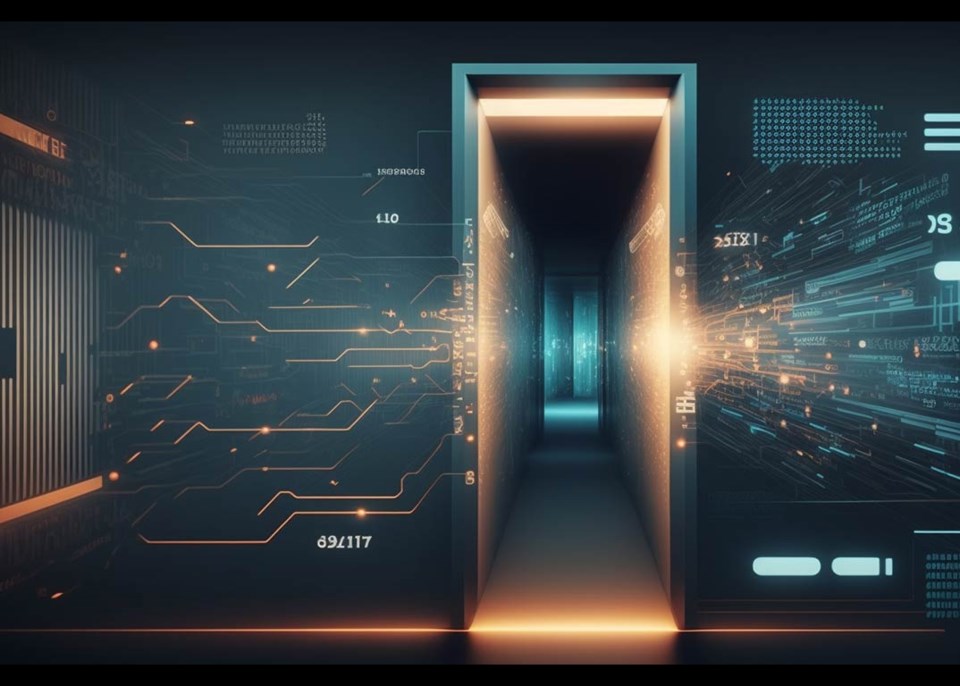ChatGPT became available to the public on November 30, 2022. I’ve given that date a name: the Curation/Generation AI Boundary (C/G Boundary). The C/G Boundary marks the transition from a time when AI was predominantly used to curate and organize preexisting content to a period characterized by AI’s capability to autonomously generate content and solutions. September 2021, OpenAI’s “knowledge cutoff month,” is also notable because – since then – it has become more challenging to discern content created solely by humans from that which may have had AI assistance or origination.
We are nearing the end of year one after the C/G Boundary, which we can call the Generative Era (GE). At 1GE, no content can be guaranteed to be original, which brings us to a federal judge’s recent decision that you can't copyright AI generated art. Read more. -s
P.S. If you want to gain a deeper understanding of the complex landscape of AI ethics, intellectual property rights, and the evolving legal frameworks surrounding machine-generated content, sign up for our free online course Generative AI for Execs. By the end of the course, you'll be well-versed in the key debates and be better prepared to make informed decisions regarding AI-generated content and its implications.
ABOUT SHELLY PALMER
Shelly Palmer is the Professor of Advanced Media in Residence at Syracuse University’s S.I. Newhouse School of Public Communications and CEO of The Palmer Group, a consulting practice that helps Fortune 500 companies with technology, media and marketing. Named LinkedIn’s “Top Voice in Technology,” he covers tech and business for Good Day New York, is a regular commentator on CNN and writes a popular daily business blog. He's a bestselling author, and the creator of the popular, free online course, Generative AI for Execs. Follow @shellypalmer or visit shellypalmer.com.




